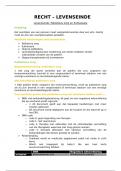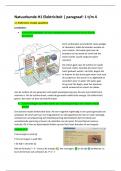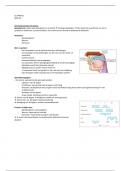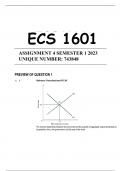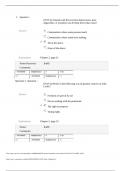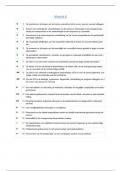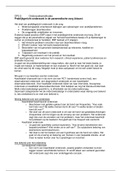Summary
Summary Rome I closed book schedule
- Module
- Institution
Clear table of subject matter for Rome I closed book section. Brief overview, best accompanied by a summary and/or course for in-depth explanation Scheme of the materials of Rome I you need to know for the closed part of the exam. Short summary, for more detailed information it's best to also re...
[Show more]




